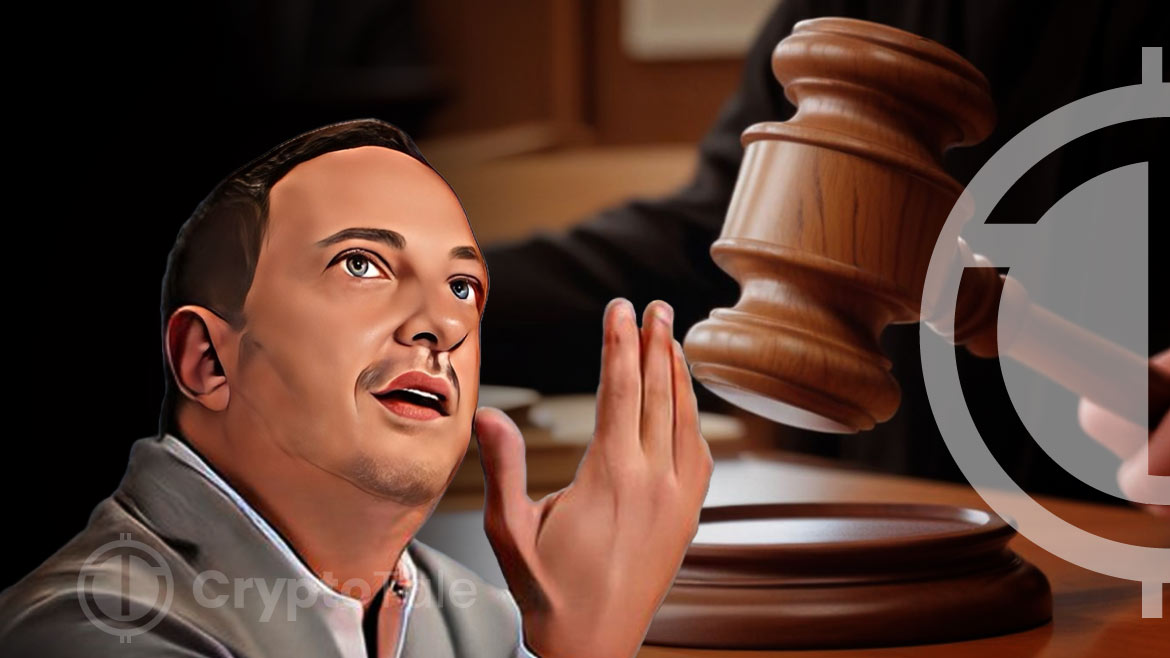- Andrew Left pleads not guilty to securities fraud charges related to short selling and crypto market manipulation.
- Citron Research’s founder faces a $4M unsecured bond and $1M collateralized bond, with strict financial restrictions.
- Left accused of misleading stock recommendations, including a notable call to short Coinbase amid a service outage.
Andrew Left, the founder of Citron Research and a prominent short-seller, has pleaded not guilty to multiple securities fraud charges. The case, closely watched by the cryptocurrency community, highlights the legal complexities surrounding market manipulation claims involving short-selling practices.
Strict Bail Conditions for Andrew Left
Left’s court appearance on July 26 came amidst accusations from the U.S. Securities and Exchange Commission (SEC) and the Department of Justice (DOJ). Both agencies allege that Left used his influence to profit unlawfully from misleading stock recommendations. The SEC claims that Left generated approximately $20 million in profits through dubious trading strategies that involved shorting stocks, including companies in the cryptocurrency sector.
The Allegations: “Bait and Switch” Tactics
Federal prosecutors accuse Left of engaging in “bait and switch” tactics, advising retail investors to buy or sell stocks while privately taking opposite positions. These actions reportedly involved major companies, some with ties to the cryptocurrency market. Citron Research had previously recommended shorting Coinbase, a prominent cryptocurrency exchange, following a temporary service outage earlier this year.
Craig Wright Faces Perjury Charges for False Claims and Fabricated EvidenceCrypto Short Selling Under Scrutiny
Magistrate Judge Rozella Oliver set strict conditions for Left’s release, including a $4 million unsecured bond and a $1 million collateralized bond, due by August 5. With assets exceeding $70 million, including international holdings, Left was ordered to surrender his passport and restrict financial transactions over $100,000 without prior approval. His trading activities are also limited, and his trial is scheduled for September 24.
Legal Defense: “Defective” Case Against Left
James Spertus, Left’s attorney, argued that the charges are unfounded, describing them as “defective.” He asserted that Left was under no obligation to disclose his personal trading intentions and that Citron’s reports provided truthful information vital for market transparency. Spertus further contended that the government’s actions could harm market dynamics by silencing critical analysis.






